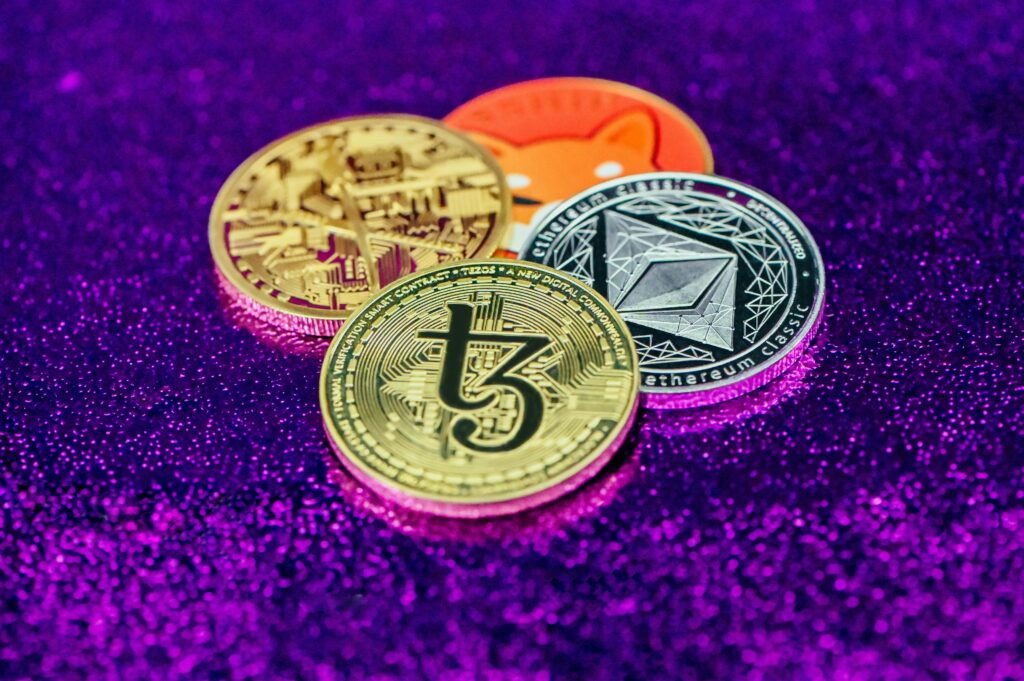The cryptocurrency sector allows investors to buy into new projects using different methods, including initial coin offerings (ICO) and presale events. The primary purpose of these events is to garner funds from investors, sometimes with the promise of healthy returns for early participation. While this is a simple and common concept used across the sector, deciding to buy a token at the presale stage requires a few considerations.
Understanding Cryptocurrency Presales
A cryptocurrency presale is a fundraising event commonly used to launch a new token to a few interested and early investors before a public sale. The presale event offers interested buyers a limited amount of tokens at low prices, which allows the crypto project to raise much-needed funds. Some top crypto presales give buyers access to certain perks, including exclusive airdrop points, over 250% in rewards, staking benefits, and pools with more than 120% APY. In addition to raising funds, cryptocurrency presales help the new token to generate some buzz. The buzz sometimes attracts more investors and may help the token gain credibility.
One of the most notable presales in crypto history is the Ethereum presale of 2014. The Ethereum team launched a presale that allowed a select group of investors to buy Ether (ETH) at a discounted price. The event saw participation from notable names like Barry Silbert, Tim Draper, and Digital Currency Group (DCG). The ETH team sold 2,000 ETH for 1 Bitcoin, eventually selling 60 million ETH for 31,500 BTC over 42 days. Ethereum developers used the funds to develop the blockchain, ultimately paving the way for decentralized finance (DeFi).
Why Investors Should Consider Presale Events
Cryptocurrency presale events offer investors the following perks:
- Low Prices: Crypto projects sell their tokens at discounted prices during presale events. Early investors can buy these tokens cheaply and sometimes receive bonus tokens depending on the volume of crypto purchased. Presale events allow people to amass large amounts of promising tokens for potential profits obtainable during public sales or when the tokens trade on major exchange platforms.
- Project Support: Investors easily support promising projects by buying the tokens early. This is the best way for enthusiasts to participate in crypto investment, while showing their confidence in a particular project and its mission. Financial support is instrumental, especially for new tokens, because the funding helps achieve their goals, create and develop their platforms, and encourage the formation of enthusiast communities who contribute to participation and governance.
- Priority for Public Sale: Presale participants are usually included in a priority list for the actual token sale. This ensures that early adopters interested in a public sale have secured spots for the event. Sometimes, these whitelists also allow buyers access to perks like bonuses and higher purchase limits.
Cons of Crypto Presale Events
Unfortunately, there are a few downsides to buying tokens via crypto presales, including the following:
- High Risk: Even a trusted crypto presale event can be a high-risk venture. This is because the asset and team may not have any history or track record, which makes it difficult for investors to assess their potential. Since there are no proven metrics, investors are open to risks like project failure and potential regulatory scrutiny. In June 2019, the the United States Securities and Exchange Commission (SEC) sued Kik Interactive Inc., alleging that the 2017 sale of its KIK tokens was unregistered and therefore illegal. In 2020, Kik agreed to pay a one-time settlement fee of $5 million.
- Locked Funds: Presale events usually require investors to lock their funds for a specified period. The lockup prevents holders from accessing their funds until the token officially launches. This can be disadvantageous to investors who need to liquidate their investments or move funds for other purposes.
- High Volatility: Crypto projects tend to be more unstable than average in their early stages. This is a serious risk to investors because holders of these assets could easily lose their investments if the value crashes.
Is It Better To Wait Until After Launch?
Waiting until the launch allows investors to properly study the tokens, monitor price action, and appraise market sentiments. After the launch, investors are generally more certain about the token’s demand, viability, and potential use cases and can make better-informed decisions. The risk of a failed investment is also reduced because there are public milestones and similar results that can help investors decide. However, people who choose to wait will lose out on several perks, including the opportunity to earn from an increase in price, exciting bonuses, early staking and the possibility of holding more governance rights than newer investors.
